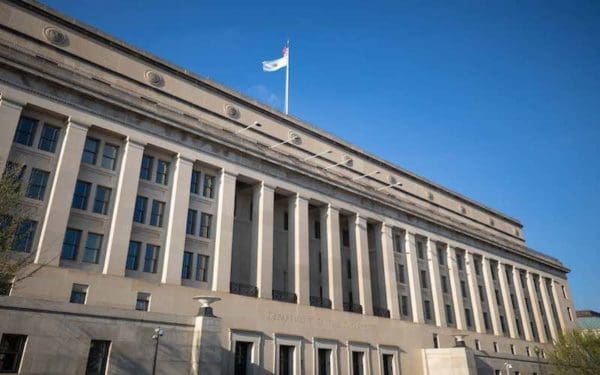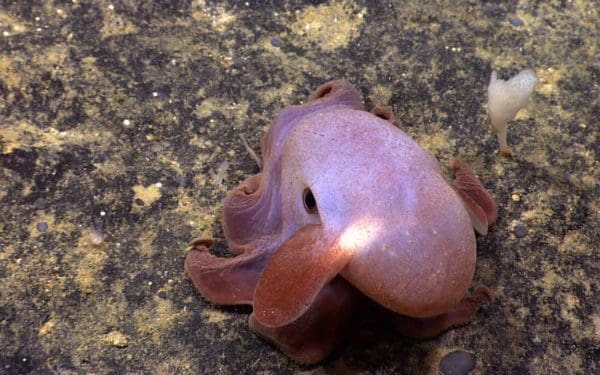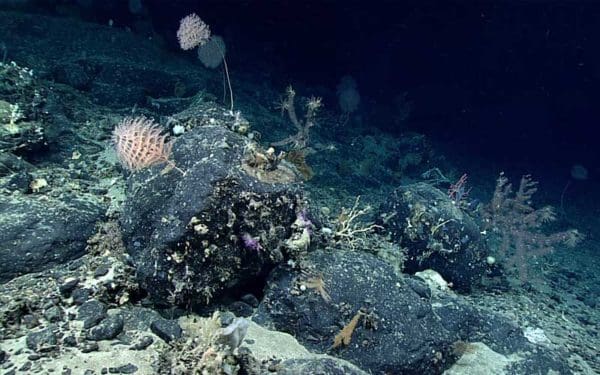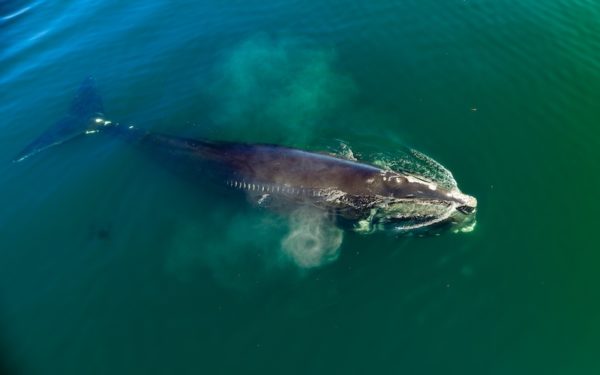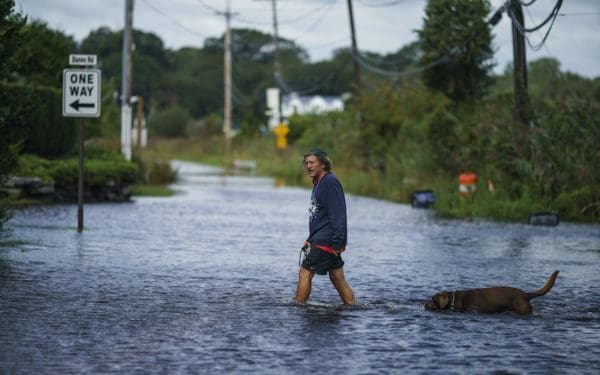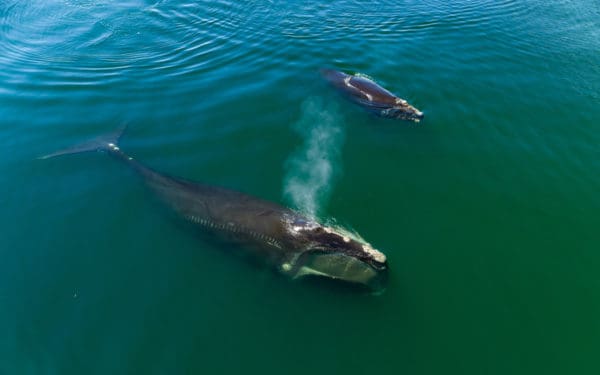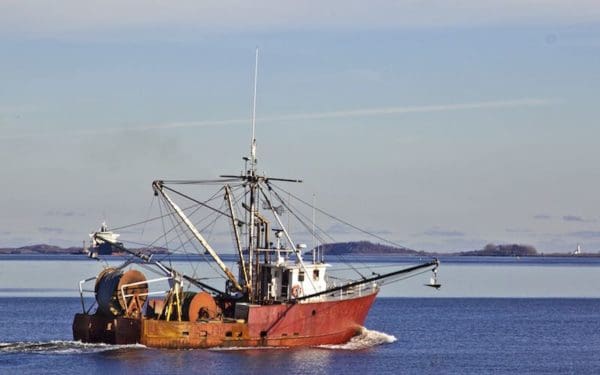Oct 18, 2021
“The EPA’s new plan is a key, first step in the battle to protect communities from these dangerous chemicals,” said CLF President Bradley Campbell. “But PFAS-type compounds of varying names are still being created, used, and released into the environment. The government must go further to stop this assembly line of ‘forever chemicals’ and hold the manufacturers accountable for the widespread contamination of the nation’s air, land, and water.”
Oct 15, 2021
“There’s a real risk that, because of the market power of these companies, they may actually crowd out competitors and ultimately make renewable energy more expensive for consumers,” says Brad Campbell, president of the Conservation Law Foundation.
Oct 08, 2021
“President Biden’s announcement is a welcome relief after Trump threw science out the window and slashed protections for the Northeast Canyons and Seamounts,” said Peter Shelley, senior counsel at the Conservation Law Foundation, in a statement. “With our oceans in peril from human impacts and the climate crisis, it’s time to protect more areas, not less.”
Oct 07, 2021
“President Biden’s announcement is a welcome relief after Trump threw science out the window and slashed protections for the Northeast Canyons and Seamounts,” said Peter Shelley, Senior Counsel at CLF. “Restoring these commonsense safeguards will have an immeasurable impact on species that call the monument home and will result in a healthier ocean overall. With our oceans in peril from human impacts and the climate crisis, it’s time to protect more areas, not less.”
Sep 15, 2021
CLF celebrates the fifth anniversary of the designation of the Northeast Canyons and Seamounts Marine National Monument. Now, we’re calling for more of our ocean and land to be permanently protected.
Sep 10, 2021
“Fishermen should be recognized for the changes they have made to protect right whales from extinction, but we have much more work to do,” said Erica Fuller, senior attorney at Conservation Law Foundation. “The existence of an entire species is at stake, and we must keep pressing forward. Fishery managers must take immediate action to reduce entanglements and we look forward to standing up for right whales in court to make sure they do.”
Sep 02, 2021
Our region has seen hurricanes and tropical storms before, but, as we’ve just witnessed, it doesn’t have to be a storm of that magnitude to do significant damage. This year’s wet summer has shown that severe storms are becoming more common and intense, and they will only grow more frequent as the climate crisis deepens.
Aug 31, 2021
“While this rule is a step in the right direction, it does not go far enough or fast enough to stop the precipitous decline of this species,” said Erica Fuller, Senior Attorney at CLF. “We plan to challenge the new rule in court to ensure that right whales recover rather than become an extinction statistic. That means reducing the risk of serious injuries and deaths by at least 80 percent immediately, not fiddling while Rome burns.”
Aug 05, 2021
PFAS – or forever chemicals – are being detected in drinking water sources throughout New England. We need to find ways to better regulate these toxic chemicals.
Jul 26, 2021
“With several New England fish populations in perpetual crisis, now is the time to strengthen the Magnuson-Stevens Act,” said Peter Shelley, Senior Counsel at CLF. “Congressman Huffman’s bill has the potential to address the impacts of the climate crisis on our fisheries and improve protection of important habitat from destructive fishing gear, but it also risks weakening core provisions of the law that are essential for rebuilding overfished species. We’ll be continuing our push to end overfishing and rebuild our region’s threatened fish populations as this bill moves through Congress.”
